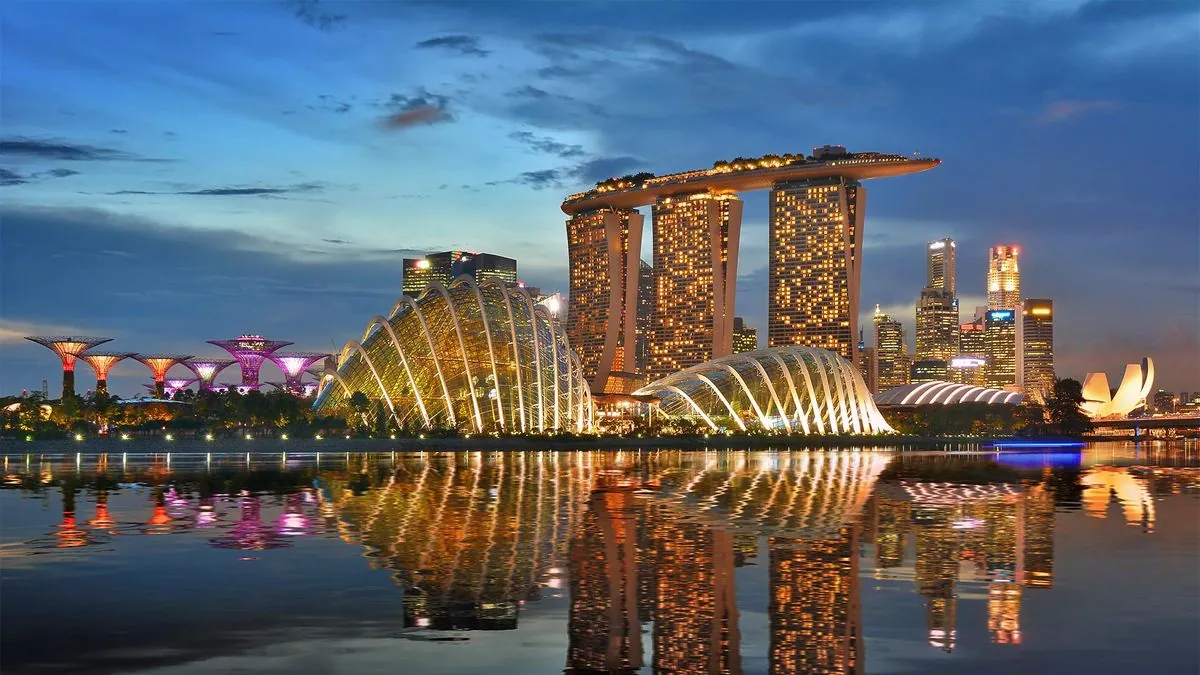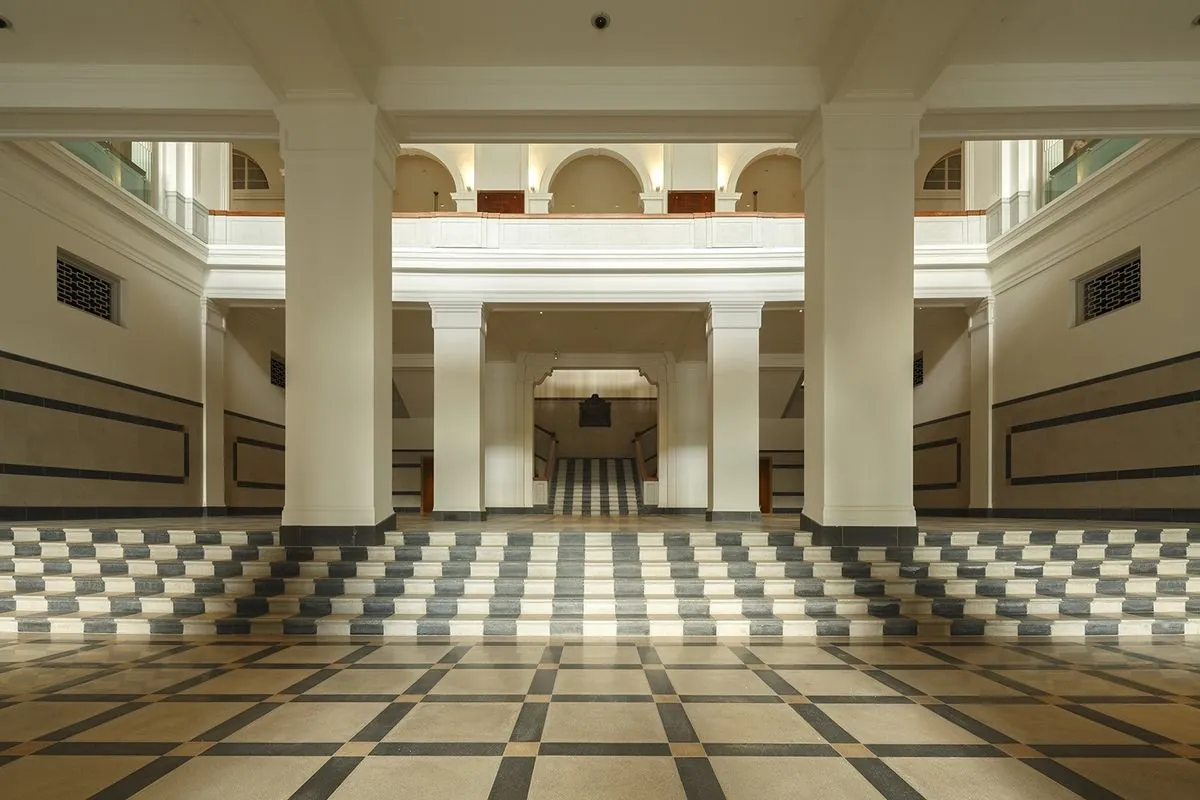Singapore Tycoon Charged in High-Profile Government Corruption Case
Property billionaire Ong Beng Seng faces charges of obstructing justice and abetting offences by a former minister in Singapore's major graft case. The scandal has shocked the city-state known for its clean governance.

In a development that has sent shockwaves through Singapore's business and political circles, Ong Beng Seng, a prominent property magnate, has been charged with obstructing justice and abetting offences in connection with a high-profile government corruption case. The charges were brought forth on October 4, 2024, just a day after former transport minister S. Iswaran was sentenced to imprisonment, marking a significant moment in Singapore's history.
This case has garnered substantial attention in Singapore, a nation that prides itself on its reputation for clean governance and stringent anti-corruption measures. Since gaining independence in 1965, Singapore has consistently ranked high in Transparency International's Corruption Perceptions Index, reflecting its commitment to maintaining integrity in public service.
The charges against Ong Beng Seng, the 78-year-old owner of Hotel Properties Ltd and rights holder to the Singapore Grand Prix Formula One race, stem from allegations of providing high-value gifts to Iswaran. These gifts reportedly included tickets to English Premier League soccer matches, Formula One Grand Prix events, London musicals, and a private jet ride to Doha.
Singapore's legal system, based on English common law, has been put to the test with this case. The country's Corrupt Practices Investigation Bureau, established in 1952, has played a crucial role in uncovering the details of this scandal. The Prevention of Corruption Act, enacted in 1960, provides the legal framework for prosecuting such cases.

The court proceedings revealed that Iswaran had requested Ong to bill him for the Doha trip on the private jet after discovering that the anti-graft agency had seized the flight manifest for an unrelated case. Justice Vincent Hoong, presiding over Iswaran's case, deemed this request a deliberate attempt to obstruct justice and evade investigation.
This scandal has raised questions about the effectiveness of Singapore's high ministerial salaries, which are among the highest in the world, intended to deter corruption. With a GDP per capita that ranks among the global elite, Singapore has long justified these salaries as a means to attract top talent and maintain clean governance.
The impact of these charges has already been felt in the business world. Hotel Properties Ltd, founded in 1980 and listed on the Singapore Exchange, requested a trading halt following the announcement of the charges against Ong. This move underscores the potential ramifications for Ong's business interests and the wider corporate landscape in Singapore.
As the case unfolds, it serves as a reminder of Singapore's commitment to upholding the rule of law, regardless of an individual's status or wealth. The city-state, known for its strict legislation on various aspects of public life, from littering to chewing gum, is now demonstrating its resolve in tackling high-level corruption.
The next phase of this legal saga is set for November 15, 2024, when pre-trial proceedings for Ong Beng Seng are scheduled to commence. As Singapore navigates this challenging period, the outcome of this case may have far-reaching implications for the nation's political and business environment.
This case has captivated the attention of Singapore's 5.9 million residents and the international community alike. It serves as a stark reminder that even in a nation renowned for its efficient public services, world-class education system, and status as a major global financial hub, the fight against corruption requires constant vigilance.


































